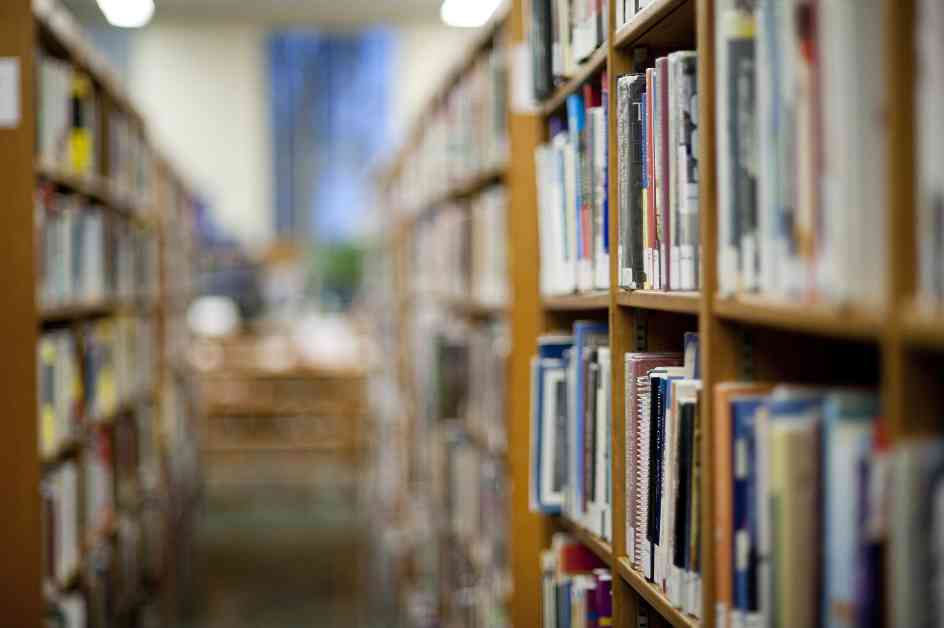**The Influence of Modern Music on Literature Curriculum in Schools: An Educator’s Point of View**
In the realm of education, the debate over the integration of modern music into literature curriculum continues to spark discussions among teachers and scholars. As a college consultant, I firmly believe that the foundation of educational systems should prioritize time-tested literature to cultivate critical thinking skills in students. While the incorporation of contemporary music may appeal to some students, it is essential to maintain a balance between traditional literary works and modern cultural expressions.
**Navigating the Boundaries of Literature and Music**
The emergence of artists like Kendrick Lamar and Taylor Swift as cultural icons has blurred the lines between literature and music in educational settings. While their lyrics may possess poetic qualities, it is crucial to differentiate between literary merit and musical expression. In high school English classes, the focus should remain on introducing students to classic authors such as Shakespeare, Chaucer, and Dickens, whose works serve as pillars of the English literary canon.
**The Importance of Time-Tested Literature in Education**
As educators, our responsibility is to guide students towards intellectual growth by exposing them to the profound ideas and themes found in traditional literature. By engaging with the works of renowned authors, students can develop a deeper understanding of the human experience and enhance their critical thinking abilities. Rather than replacing foundational texts with contemporary music lyrics, we should challenge students to explore the complexities of classic literature that have stood the test of time.
**Fostering Strong Communication Skills through Literature**
In my experience as a writing instructor, I have observed the transformative power of literature in shaping students’ communication skills. By studying the works of literary giants such as Hemingway, Dostoyevsky, and Fitzgerald, students can refine their writing styles and gain insights into effective communication. Strong writing skills are essential for success in various professions, and it is imperative that we prioritize literary study to cultivate articulate and persuasive individuals.
**The Role of Literature in Shaping Future Leaders**
High school English curricula play a vital role in preparing students for the challenges of higher education and beyond. By exposing them to the richness of literary tradition, we equip them with the tools to navigate complex ideas and engage critically with the world around them. Literature serves as a gateway to empathy, creativity, and intellectual curiosity, qualities that are essential for aspiring leaders in any field.
**Embracing the Beauty of Literature**
Despite the allure of contemporary music and popular culture, it is essential to uphold the value of literature as a source of beauty and profundity. Encouraging students to immerse themselves in the works of renowned authors can instill a lifelong appreciation for the written word and inspire them to explore diverse perspectives and ideas. By fostering a love for literature, we empower students to become thoughtful and discerning individuals who can contribute meaningfully to society.
In conclusion, the integration of modern music into literature curriculum should be approached with caution, ensuring that it complements rather than supplants the study of traditional literary works. By maintaining a focus on time-tested literature, educators can nurture students’ critical thinking skills and instill a lasting love for the written word. As we navigate the ever-evolving landscape of education, let us continue to uphold the importance of literature in shaping the minds of future generations.

